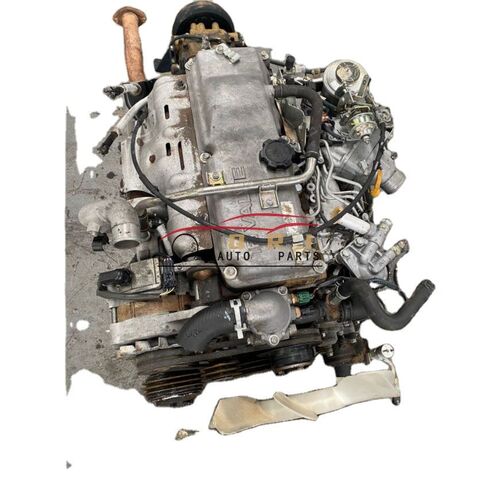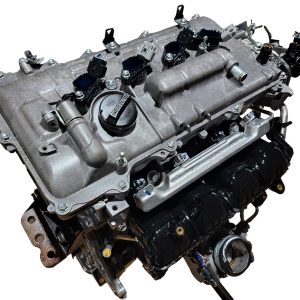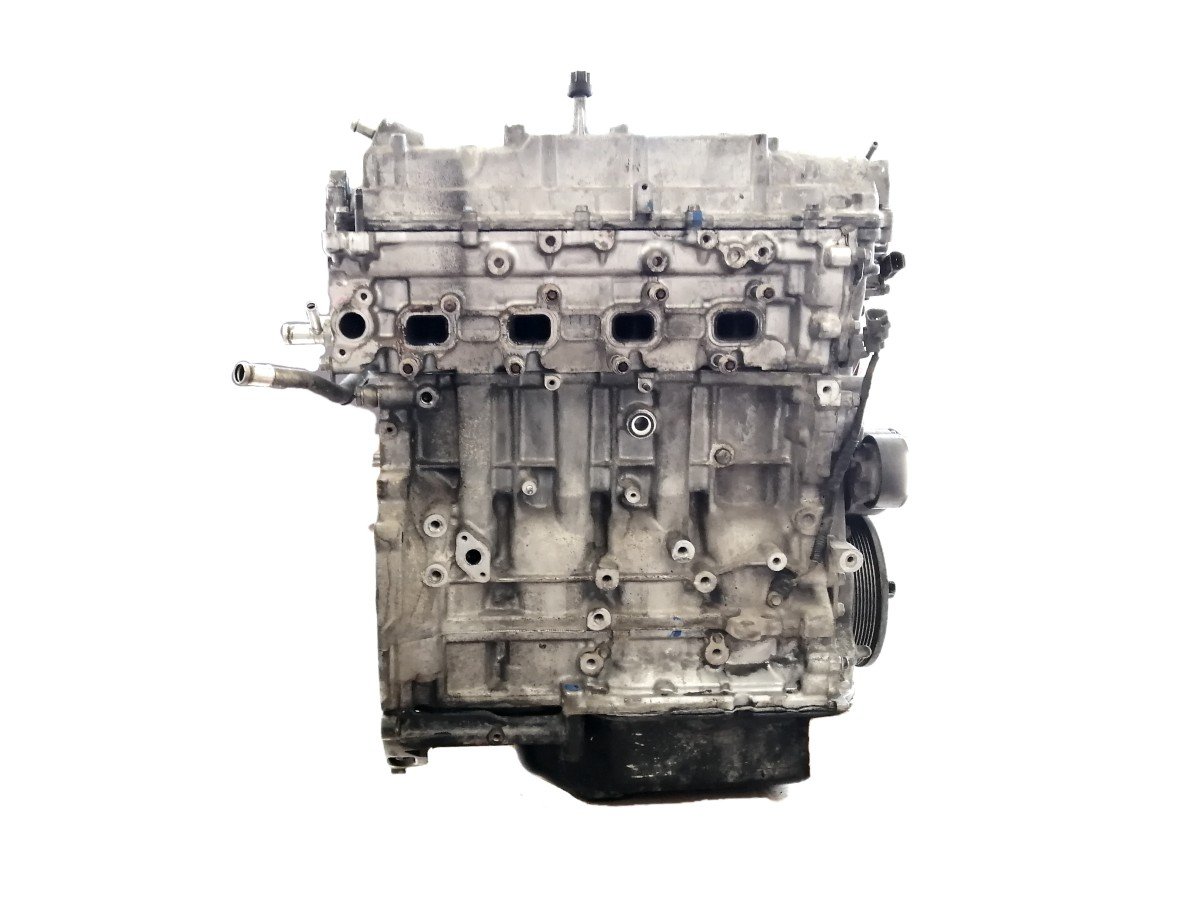Toyota RunX RSI: Features That Appeal to Enthusiasts and Everyday Drivers
Toyota RunX RSI: Features That Appeal to Enthusiasts and Everyday Drivers
Blog Article
Explore Quality and Value: Your Guide to Getting a Used Engine
When considering the purchase of a used engine, recognizing the complex equilibrium between quality and worth is extremely important. A detailed analysis of engine problem, background, and dependability is important to guarantee an audio financial investment. By performing correct assessments and research study, possible purchasers can browse the intricacies of the market better. Nevertheless, the nuances of guarantee options and rates approaches can substantially influence the general decision-making process. As you ponder these aspects, one inquiry remains: what details elements will inevitably assist your option in this important financial investment?
Comprehending Engine Types
When thinking about the acquisition of a used engine, comprehension of the various engine kinds is essential for making an educated choice. Engines can usually be classified right into 2 primary kinds: internal combustion engines and electrical engines. Inner combustion engines, that include fuel and diesel variants, depend on the burning of gas to generate power. Fuel engines are generally lighter and rev higher, making them ideal for efficiency cars, while diesel motor are renowned for their torque and gas effectiveness, frequently preferred in durable applications.
On the various other hand, electrical engines utilize electrical power stored in batteries to power the car, using a cleaner alternative with less relocating components and minimized maintenance requirements. Within these groups, there are even more differences, such as two-stroke versus four-stroke internal burning engines, and different electrical motor setups.
Comprehending these distinctions is crucial, as they affect performance, compatibility with existing lorry systems, and long-term operational prices. By acquainting oneself with the different sorts of engines available, possible buyers can better analyze their needs and choose that straighten with their vehicle's requirements and their individual preferences.

Examining Engine Condition
A comprehensive analysis of engine condition is extremely important for anyone taking into consideration the purchase of a second-hand engine. Begin with a visual examination; check for indications of oil leaks, deterioration, or any type of physical damages to the engine block. A clean engine is usually a sign of good maintenance practices, while extreme gunk might recommend overlook.
Next, evaluate the engine's components, consisting of the timing belt, gaskets, and seals. Look for deterioration, as these components can be costly to change. Furthermore, examine the engine places, as harmed installs might result in vibrations and additional mechanical problems.
A compression examination is important to evaluate interior engine health and wellness. Uniform compression across all cylinders indicates a well-maintained engine, whereas substantial disparities might indicate inner damages or wear.
Paying attention to the engine throughout a startup can offer useful insights; any type of uncommon noises, such as rattling or knocking, may recommend deeper concerns. Finally, when possible, demand a trial run to assess performance under load. By diligently analyzing these elements, prospective purchasers can make educated choices and protect a top quality pre-owned engine.
Monitoring Engine Background
Comprehending the engine's history is vital for making an educated acquisition. Expertise of previous usage, maintenance documents, and any kind of past problems can substantially affect the engine's reliability and durability. Start by asking for the automobile index identification number (VIN) or engine serial number, which enables you to map the engine's history.
Use offered resources, such as Carfax or AutoCheck, to get a car history record. This report will certainly provide important insights, consisting of crash background, solution documents, and previous ownership details. Toyota RunX RSI. Pay certain attention to any type of signs of severe damage or duplicated repairs, which might indicate underlying problems
Inquire regarding maintenance regimens executed on the engine. Regular oil adjustments, timing belt replacements, and various other safety nets show liable possession. In addition, ask if the engine has actually undertaken any kind of modifications, as non-standard changes can affect performance and compatibility with your automobile.
Lastly, if feasible, look for verification from a trusted technician that can assess the engine's problem based on its background (Toyota RunX RSI). This detailed examination will certainly help you make certain and stay clear of potential pitfalls that your financial investment is worthwhile and sound
Service Warranty and Return Plans
Getting a pre-owned engine commonly comes with varying service warranty and return policies that can dramatically influence your decision. When taking into consideration an utilized engine, it is important to completely examine the service warranty alternatives given by the seller.

In addition, trustworthy sellers usually provide documents that lays out the guarantee and return process, making certain openness. Constantly ask for this details before finalizing your acquisition. A distinct service warranty and return plan can offer peace of mind and safeguard your financial investment, making it an important component of the decision-making process when acquiring a used engine.
Finding the Ideal Offers
When looking for the very best offers on a pre-owned engine, it is essential to conduct complete research study and contrast costs from different vendors. Beginning by checking out on the internet industries, automobile forums, and regional salvage backyards to gather a detailed understanding of the market. Using cost contrast tools can simplify this process, highlighting affordable rates throughout different platforms.

Think about timing your acquisition purposefully. Seasonal fluctuations sought after can influence rates, with specific times more tips here of the year using better deals. Additionally, be open to working out costs; numerous vendors may agree to lower their asking rate, especially if the engine has been noted for an extensive period.
Verdict
In summary, buying a used engine demands a detailed analysis of quality and worth. Evaluating engine condition with inspections and tests, verifying its background, and understanding warranty and return policies are important actions.
When considering the purchase of a pre-owned engine, comprehension of the various engine types is important for making an informed decision. Engines can usually be classified right into two major types: internal combustion engines and electric engines. Gas engines are generally lighter and rev greater, making them suitable for performance cars, while diesel engines are renowned for their torque and fuel efficiency, commonly favored in durable applications.
A thorough analysis of engine problem is critical for any person thinking about the purchase of a pre-owned engine. Start by asking for the vehicle identification number (VIN) or engine serial number, which enables you to map the engine's history.
Report this page